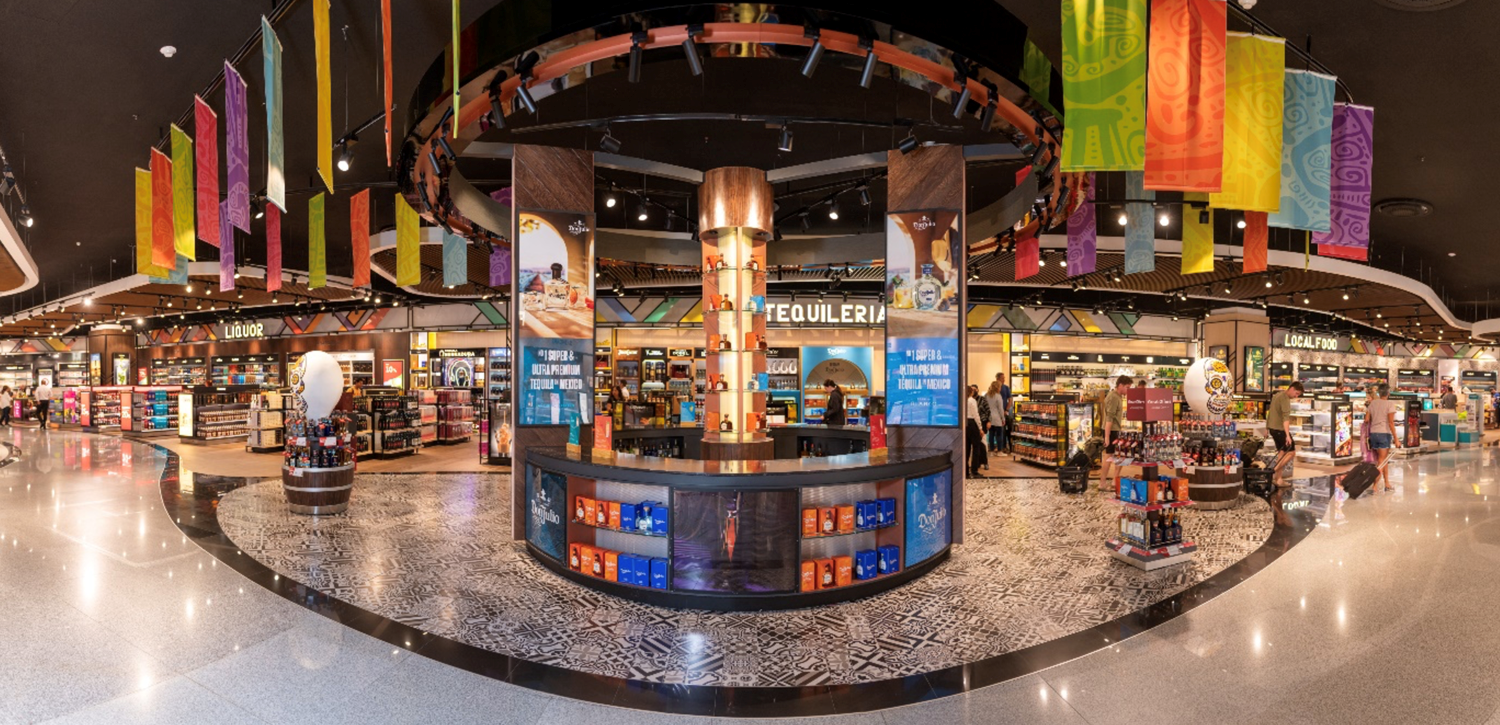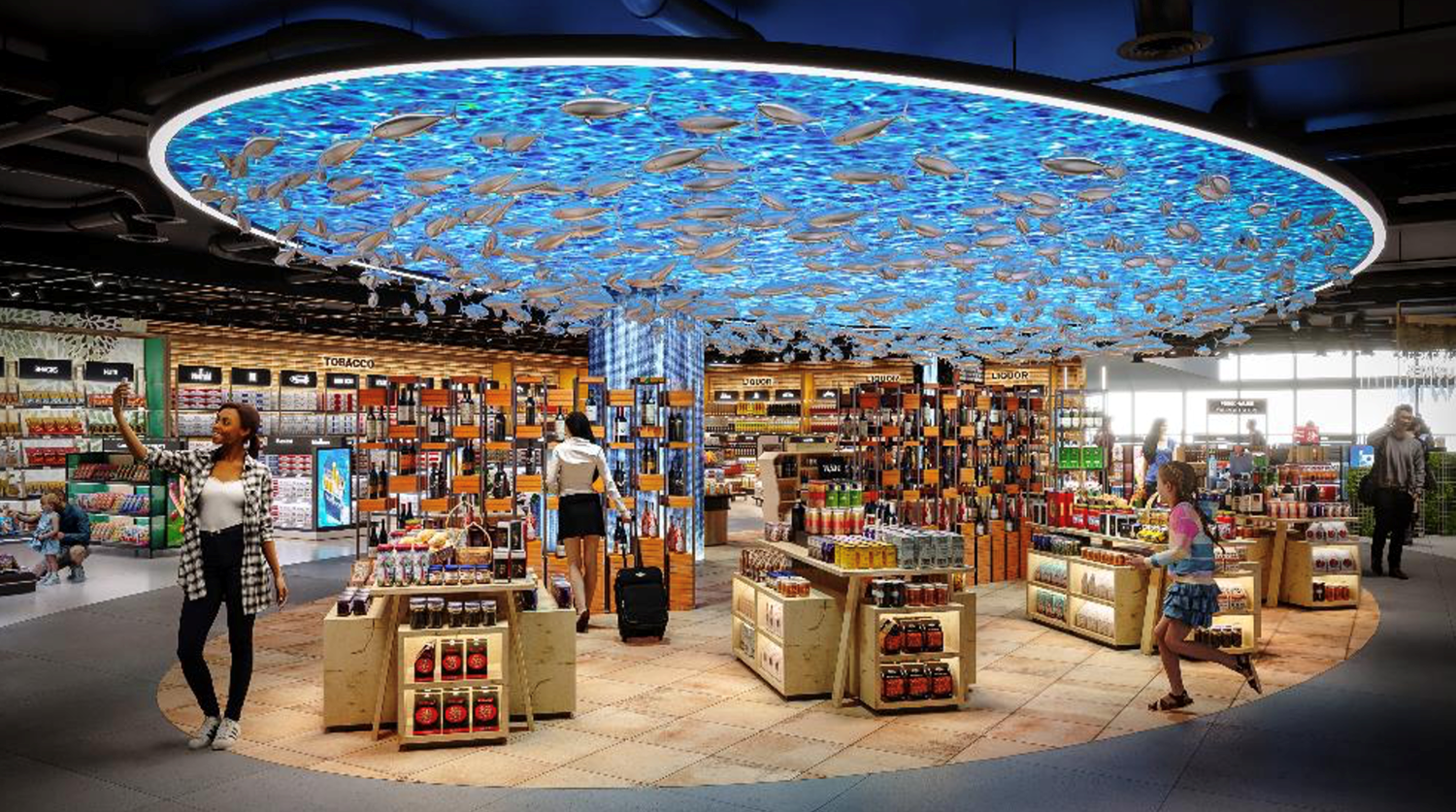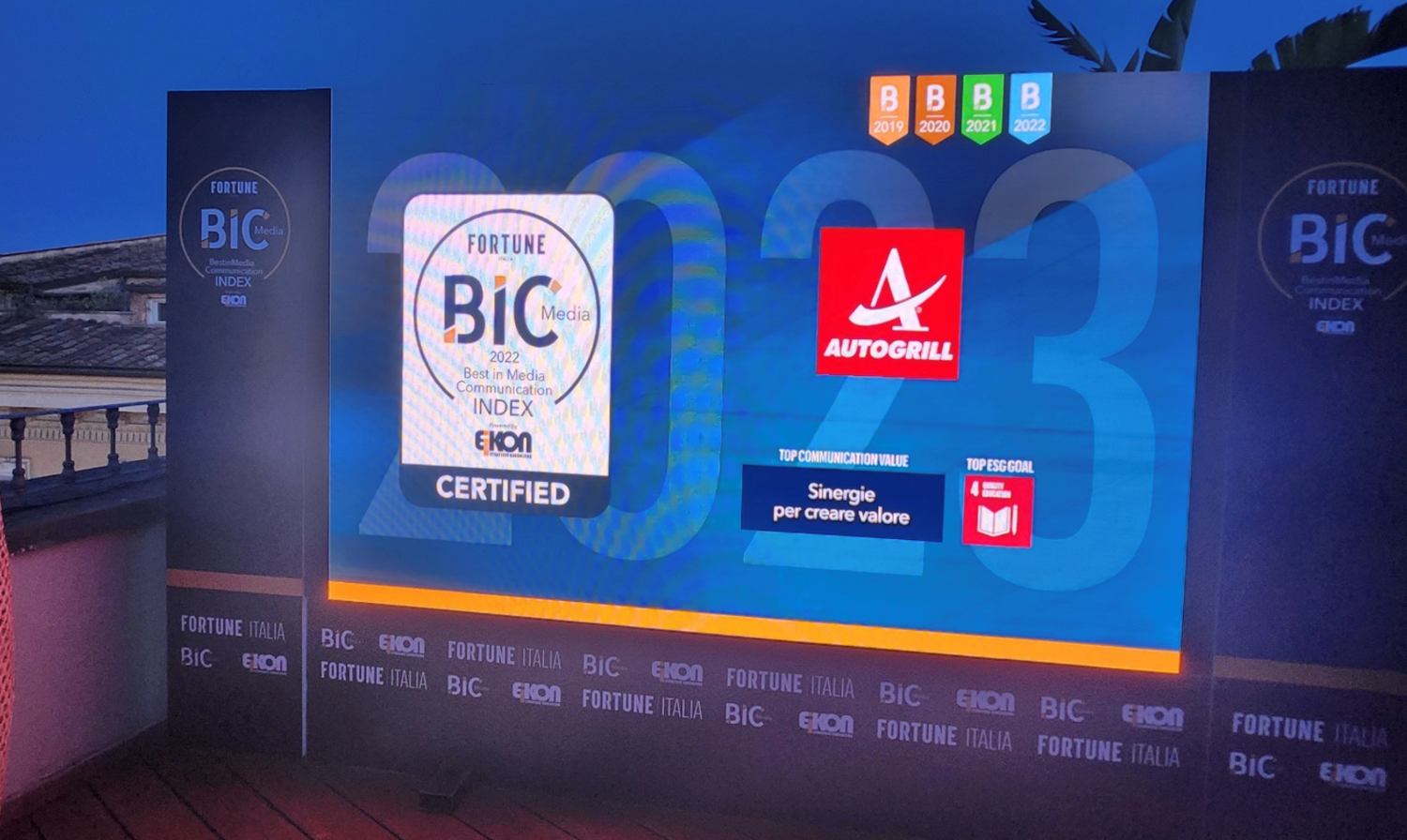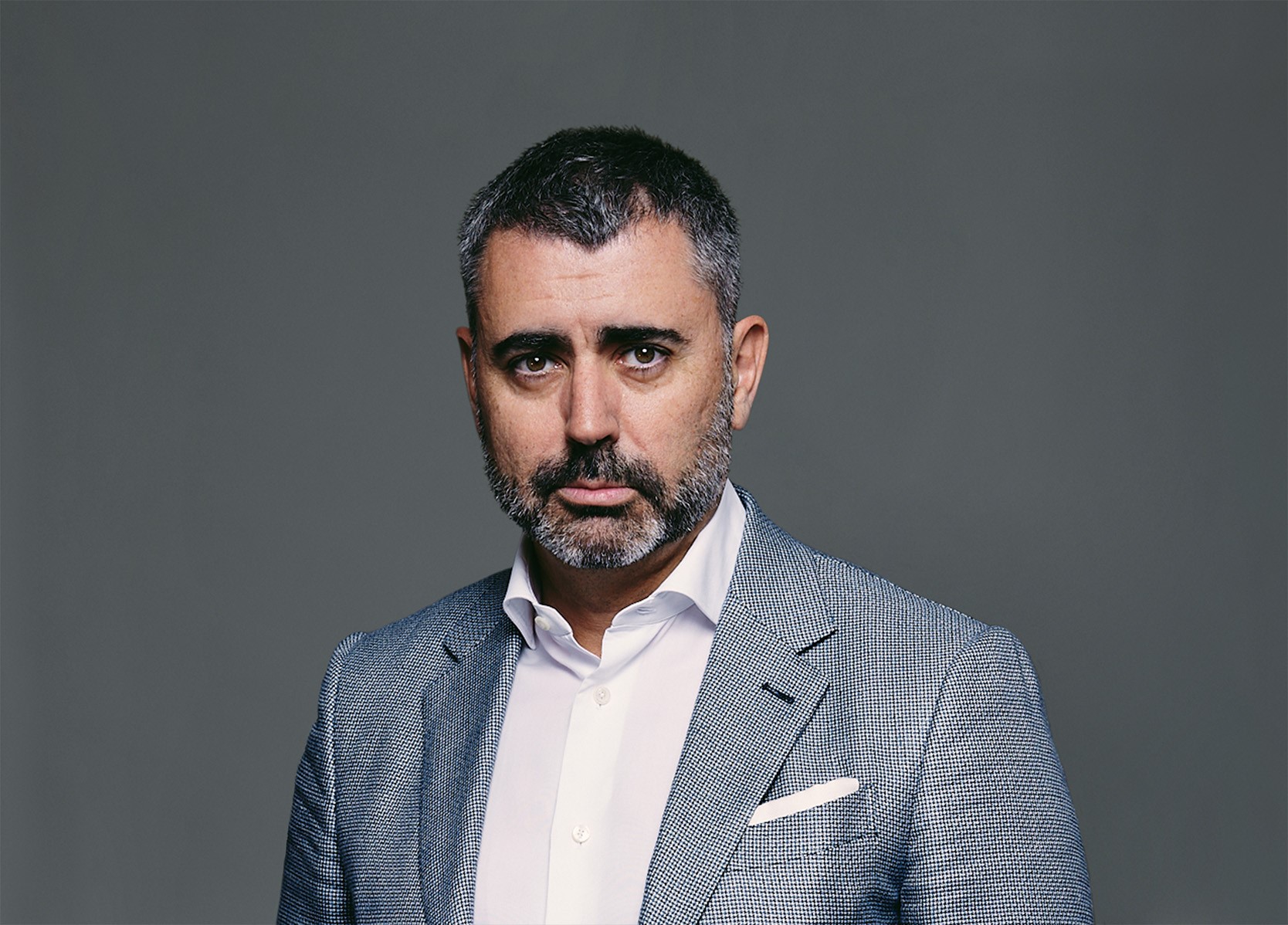Issue 35 - June 2020
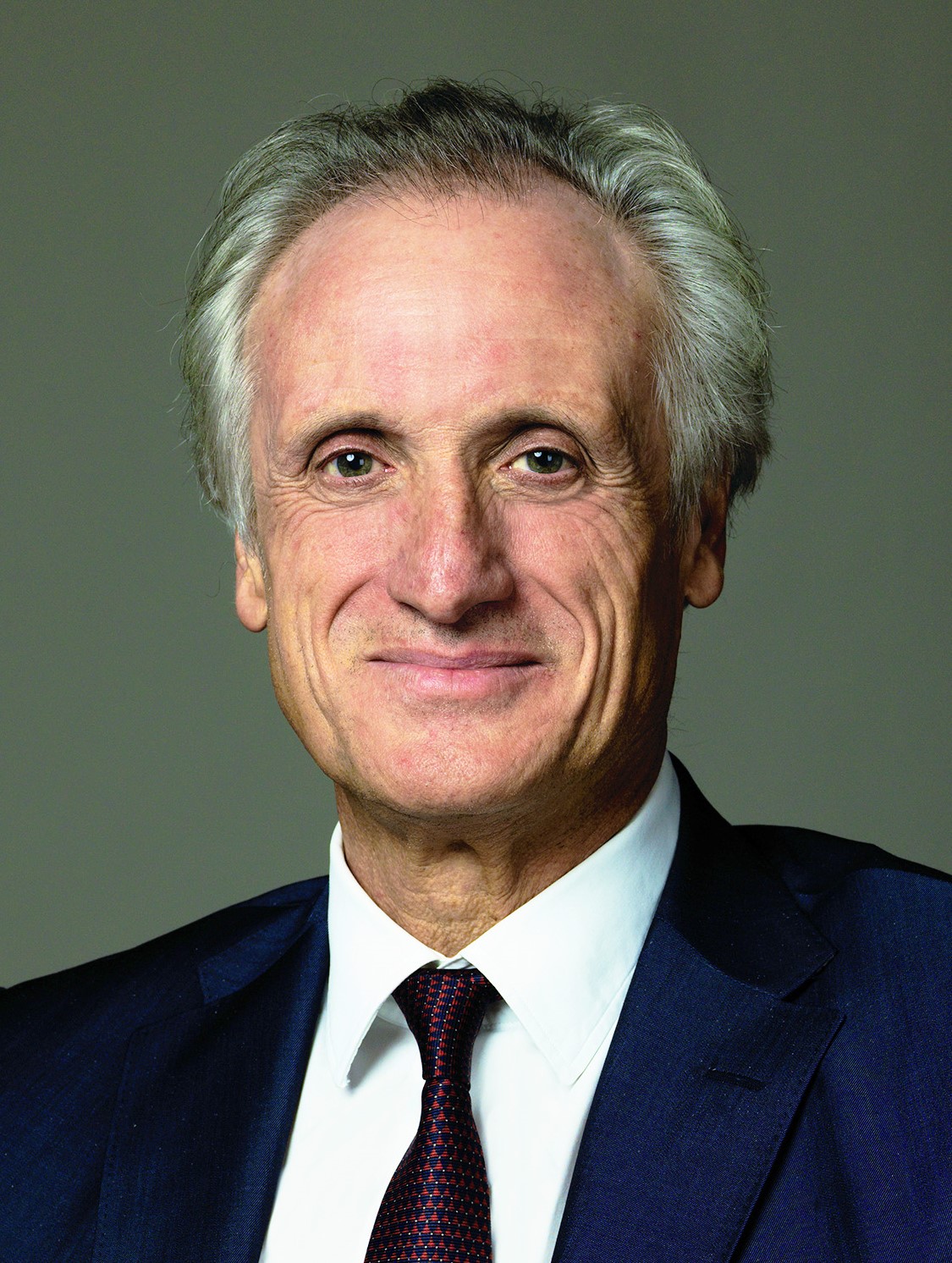)
Focusing on the Reopening
By Renzo Radice
Preparing Dufry for the recovery phase is now the main area of focus of the company. In this interview with the CEO of Dufry, Julián Díaz, we tackle the main needs of the company going forward and how Dufry is adapting its structure, operations and procedures to adapt to the new reality.
What is the goal of the new Group organization we have announced a few weeks ago and how will it support the recovery phase?
The main goal of new organization is to reflect and to adapt to the type of company we will have to setup during and after the recovery phase.
Now that the shops start to be re-opened, we will for sure face some different market and operating conditions than before the crisis. Moreover, the recovery phase will be very dynamic, with different developments happening in different locations at the same time. This means that we have to be very flexible and agile to adapt quickly to these specific requirements and drive sales as much as possible in every single shop. The new organization allows us to take decisions swiftly and therefore to better respond to the local needs in the single operations – skills which will also be useful and support the company going forward.
We have created the Group Reopening Protocol with a detailed scenario for every single shop. How is the implementation proceeding in the shops and locations which have already reopened?
What we are currently seeing is that as of July and August there will be a considerable number of flights being reinstalled and that in June, flight connections have already resumed considerably as compared to April and May. For us this means that in the coming weeks, we need to be ready to reopen shops location by location and that by the end of June we should reach the level of 700 open shops. This number will further increase in July and the current projection is to have 936 shops in operation at the end of July. From a sales perspective, these shops have the potential to generate around 40% of sales by the end of June and 60% of sales by the end of July, as compared to the respective months in 2019. Therefore, the implementation of the defined protocols is key for achieving these performance levels. And with protocols, I refer to both the reopening protocol but also the health and safety initiatives, which together will protect our employees and our customers, whilst at the same time drive sales.
How do you expect the recovery to happen, now that more countries have or are lifting travel restrictions?
There are quite a lot of flight connections now being reinstalled or newly announced, which follow the expected pattern of initially offering domestic destinations in larger countries. A further positive sign is that also regionally, within the same continent, flight connections are steadily increasing following the agreements of several governments to lift travel restrictions in June or at the beginning of July and August. Especially in Europe, this trend is key to drive duty-free sales on top of any duty-paid offer we can provide. Finally, it also seems that intercontinental flights could resume as soon as August or September and thus faster than expected. Today, this is more a question on how, for example, the United States, China and some other Asian countries will lift travel restrictions, rather than the European side, as here reopening is already ongoing.
Do we already have some first indications on the how the business is performing?
It is still very early for an assessment at this stage, as sales levels are obviously still very low. However, we see a positive trend of sales accelerating in June versus April and May, and this is important, as this confirms the public’s willingness to start flying and visit other countries as soon the situation allows. It even seems that spend-per-passenger is above the levels of before the crises, but this needs to be confirmed yet.
What are in your view the most important requirements or steps to make the recovery phase successful, both from a company and an environment perspective?
From an environment perspective we are currently pointing in the right direction as the key element is undoubtedly the lifting of travel restrictions including the opening of borders, as well as the waving of extraordinary health regulations such as quarantine requirements. The second element is the facilitation of flight connections to the most important destinations from a business and a tourism perspective. Internally and from a company perspective, we need to be ready at any moment, so that we can reopen our shops and serve customers quickly. In this context, the implementation of the new structure is the key element, as we need to adapt the company organization as well as processes and procedures to the different size and complexity of the company we are today.
Are there any comparisons which can be drawn with recovery phases of previous crises?
Today’s crisis is for sure unique in respect to its magnitude of impact seen at global level, which is unprecedented. To have the majority of airports closed or with extremely low flight connections has never been seen before. Previous crises had a more regional or local character, or were more driven by times of economic downturns, but we never had the low passenger levels seen recently. However, in terms of looking at the solutions and the lessons learnt, these are absolutely comparable with crises of the past. The protection of cash and liquidity, the reduction of fixed costs and also the increase of flexibility by adapting the company to new circumstances were the same challenges that we see today, although on a smaller scale.
Do you think that some of our competitors might have more difficulties to remain operational and therefore opportunities for acquisitions could emerge?
This is still very early to say, as it will depend on how fast the recovery will happen, but we cannot exclude that some of the competitors will have operational issues or problems with their financial strength. In any case, Dufry will continue to play an important role in the industry going forward as we have done so far, and if opportunities arise with respect to winning new concessions or taking over some companies, we will try to benefit as much as possible.
What are the key messages that you want to share with our colleagues right now?
I think it is important to understand that in the short- and mid-term uncertainty on the business performance will remain and we will have to adapt quickly to the respective requirements. But I also want to make it very clear and reassure all of our colleagues that in the long-term the travel retail industry in general, and Dufry in particular, are resilient businesses – both from an operational and a financial perspective.
Currently, we are living a phase where tough decisions have to be taken in order to adapt the company to the new requirements and reality with respect to sales volumes and complexity. Unfortunately, this adaptation, which is driven by an external factor, cannot be avoided and it is necessary to preserve the resilience of the company going forward. A very challenging process both from an organizational and an emotional perspective, requiring the full focus and dedication of the management teams and all our colleagues.
However, it is equally important to me to reassure you – and I want to emphasize – that there is light at the end of the tunnel. Looking at the daily news flows we can see positive signals and new pieces of information pointing to restrictions being lifted and flight connections being resumed. Internally, with landlords and suppliers discussions are now focusing on reopening the shops, on how to attract customers and on how to accelerate sales. All this is motivating and forward-looking with a more positive spirit, which is an important driver to succeed.

